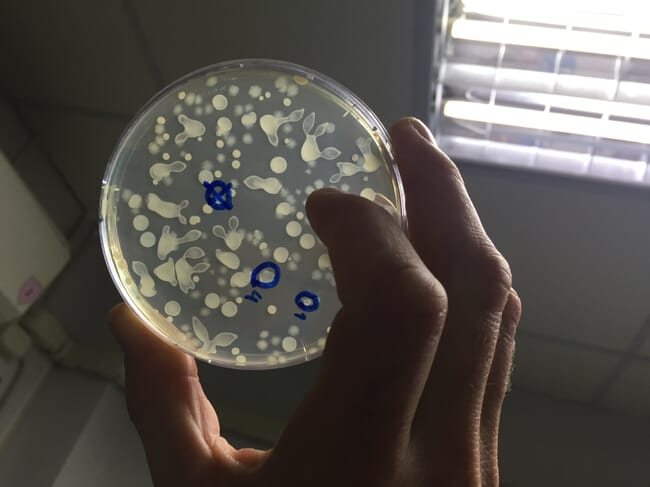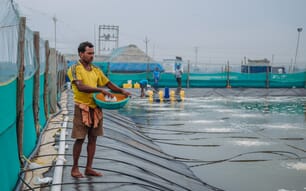Streptococcus agalactiae
is one of the biggest health challenges facing farmed tilapia around the world, with outbreaks of the bacteria being blamed for a number of major tilapia health scares, not least the one affecting Lake Volta, in Ghana, of late.

While some tilapia strains are now being bred to improve their resistance to the bacteria, the need for research into a wide range of methods for combatting its impact is widely accepted.
In a new trial, conducted by a research team from the College of Fisheries at Huazhong Agricultural University in China, researchers have revealed that adding Bacilllus subtilis to tilapia diets can help to mitigate the effects of the Streptococcus.
The researchers investigated the effect of adding different levels of Bacillus subtilis to tilapia diets had on growth, immune parameters, intestinal morphology and disease resistance in genetically improved farmed Nile tilapia. They noted fewer mortalities in the fish given B. subtilis in their diets and concluded that it “can effectively improve growth, immunological status and resistance against S. agalactiae infection in tilapia farming”.
The research was published in the latest issue of Aquaculture Nutrition under the title: “Dietary supplementation with Bacillus subtilis LT3‐1 enhance the growth, immunity and disease resistance against Streptococcus agalactiae infection in genetically improved farmed tilapia, Oreochromis niloticus”.



